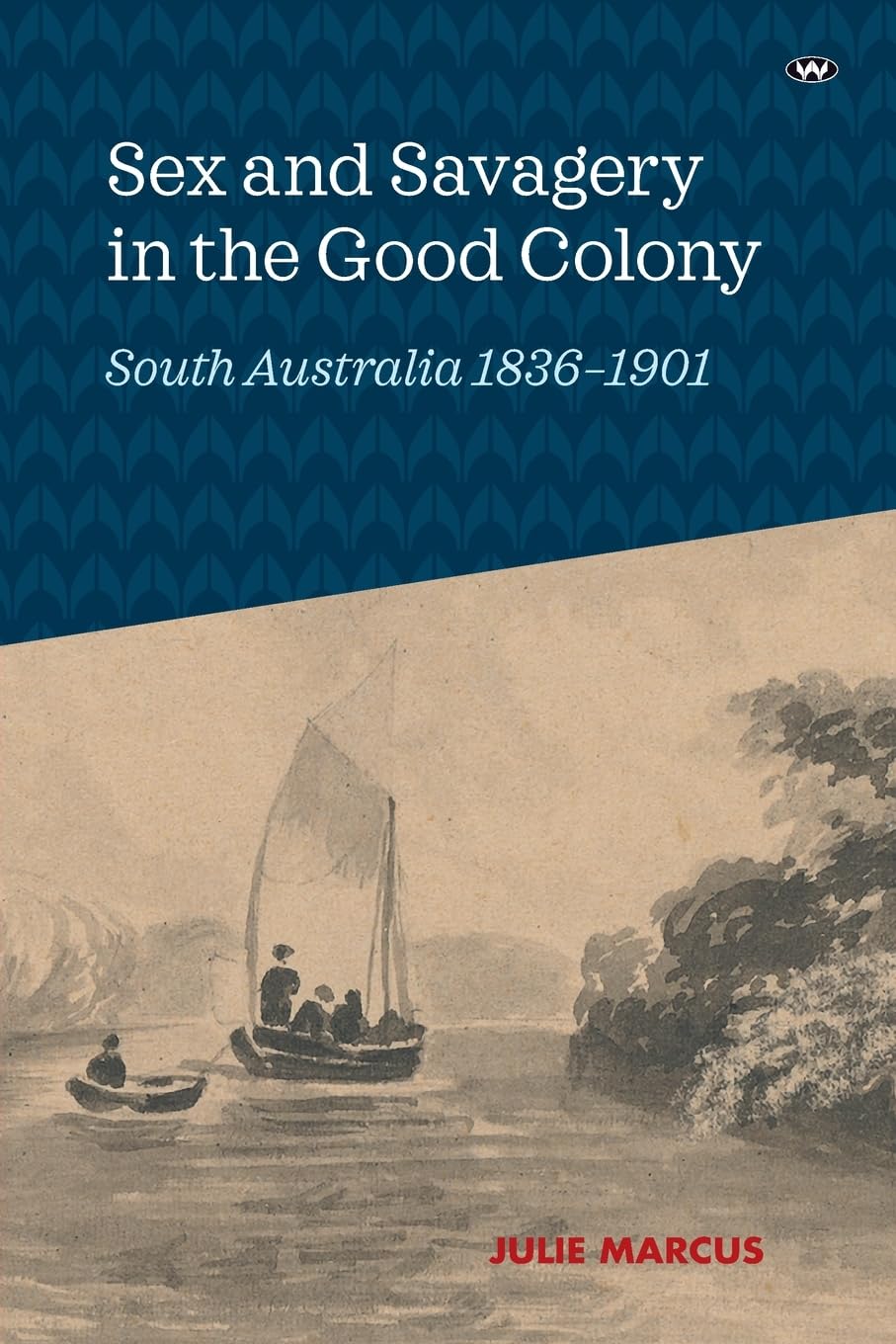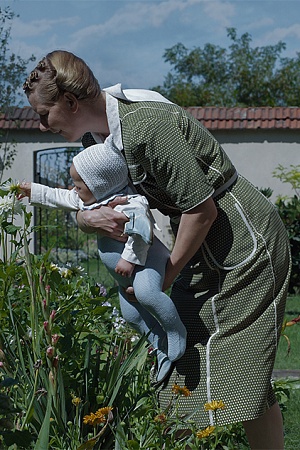Housekeeping for Beginners

Anyone who has lived in a sharehouse might recognise the hectic energy that defines Goran Stolevski’s third feature, Housekeeping for Beginners. Cinematographer Naum Doksevski’s handheld camera hovers so close to the actors that it seems almost to get beneath their skin; the film opens on a lounge room singalong, loud and unabashed, and barely lets up from there.
This sharehouse is located in present-day Skopje, North Macedonia. It functions, we quickly discern, as both a long-term home for presiding lesbian couple Dita (Anamaria Marinca) and Sauda (Alina Șerban), along with Sauda’s daughters, and as an unofficial shelter for young queer people estranged from their families. Being gay is not illegal in North Macedonia, but same-sex marriage and adoption by gay couples is illegal; homophobia is prevalent. The house, then, which Dita has inherited from her politician father, is a space intermittently threatened by outside forces, but it is also, for its inhabitants, a (mostly) joyous living place. Its staid, old-fashioned furnishings are comically at odds with the rag-tag band of outsiders assembled there; Dita’s old friend Toni (Vladimir Tintor) lives in the house, along with his new lover, Ali (Samson Selim).
Continue reading for only $10 per month. Subscribe and gain full access to Australian Book Review. Already a subscriber? Sign in. If you need assistance, feel free to contact us.










Leave a comment
If you are an ABR subscriber, you will need to sign in to post a comment.
If you have forgotten your sign in details, or if you receive an error message when trying to submit your comment, please email your comment (and the name of the article to which it relates) to ABR Comments. We will review your comment and, subject to approval, we will post it under your name.
Please note that all comments must be approved by ABR and comply with our Terms & Conditions.